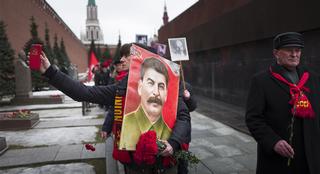
One of the paradoxes of Putin’s Russia is that the harsher the stance of the current regime, the higher the level of Stalin’s popularity within Putin’s electoral base and the more likely these Russians are to make excuses for the Soviet dictator.
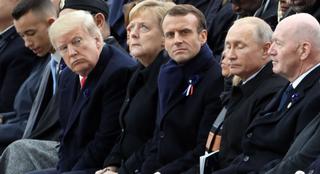
Despite their troubles, Europe and the US are not withering away. It would behoove Moscow to avoid escalations.
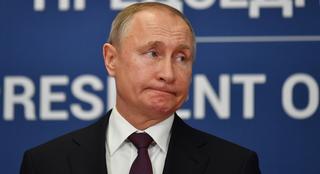
The Russian president was a man of the common people—until the common people started making demands.
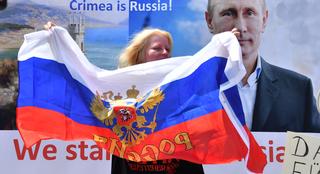
The president’s approval rating is once again in decline, and this time he doesn’t have another wildly popular trick hidden up his sleeve.
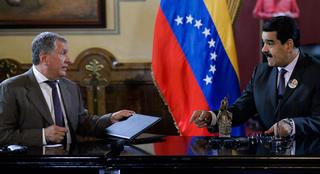
Rosneft’s deep ties to Venezuela and Russia’s efforts to insert itself into the crisis there together raise questions about whether the country’s leadership is acting to preserve national or corporate and private interests.
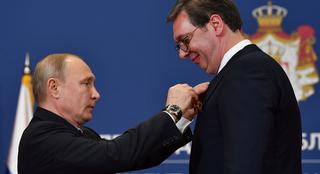
Moscow has repeatedly taken a hard line on Kosovo, forcing Serbia to take similarly uncompromising positions and thereby jeopardize its EU membership.
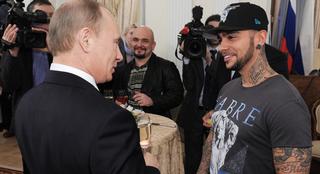
The Kremlin is going after Russian rappers, but the government can't control a culture it doesn't understand.

The narrative that Russia is under attack has long dominated Kremlin propaganda, with Vladimir Putin positioning himself as the commander of a fortress besieged. But Putin's latest attempt to "remind" Russians that they are being attacked is unlikely to work.

To understand what makes Putin and his allies act the way they do, you need to look beyond the myths.
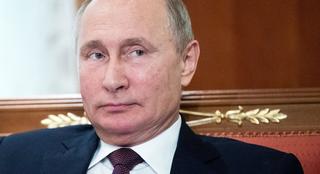
The Kremlin strongman has invested in Trump because he’s disrupting the world order. Win or lose on Tuesday, that will continue.
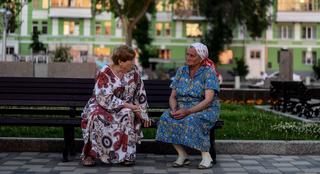
Russia’s crony-capitalist economic model requires an ever-increasing volume of funds to be burned on lavish mega-projects that generate huge profits for a dozen families close to the Kremlin. Now it seems to be pensioners’ turn to make the sacrifices needed to finance the appetites of Russia’s new aristocracy.
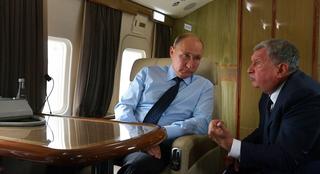
Washington thinks punitive measures will change Moscow’s calculus, but the Russian economy is doing just fine.
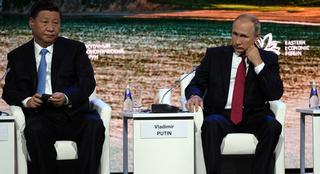
Conventional wisdom in Washington ignores the degree to which shortsighted U.S. policies are pushing Russia and China closer together. Now would be a good time for U.S. policymakers to rethink a policy that antagonizes both of the United States’ principal geopolitical rivals and to think more creatively about how to manage a new era of increased competition among great powers.
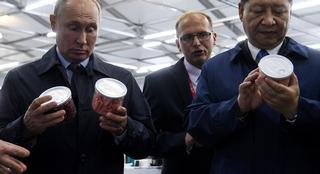
The Moscow-Beijing relationship, while not an alliance, is also more than the strategic partnership it still calls itself. It is best described as an entente — a basic agreement about the fundamentals of world order supported by a strong body of common interest.
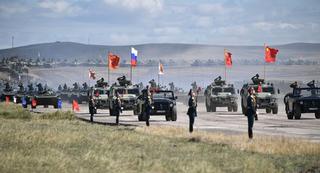
Chinese participation in Vostok-2018 is groundbreaking. It sends a powerful message about the evolving relationship between the great Eurasian powers, which just a couple of decades ago viewed each other as adversaries.
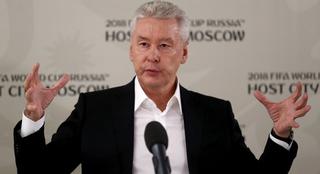
Ahead of Sunday’s elections, the multifunctional Sobyanin brand was promoted like the latest washing machine.
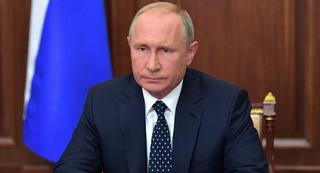
Putin’s formula for pension reform might allow him to stem his political losses. Even if his ratings don’t grow, they might at least stop falling. But the cost of saving Colonel Putin will turn out to be exorbitantly high for the budget and the economy.
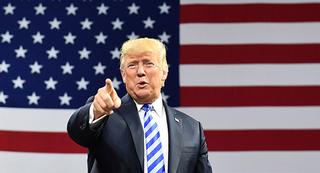
Moscow is realizing that even if Trump survives the many scandals that surround him, he won’t be able to deliver major improvements in U.S.-Russian ties.
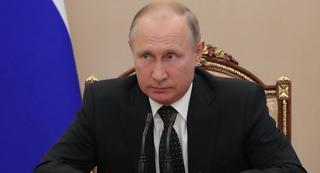
Putin’s successful foreign policy agenda is starting to lose its power to command public support in the face of growing domestic frustrations.

The first détente in the hybrid war between Russia and the West was nipped in the bud by Trump’s behavior and the vehemence of his domestic critics. So be it.